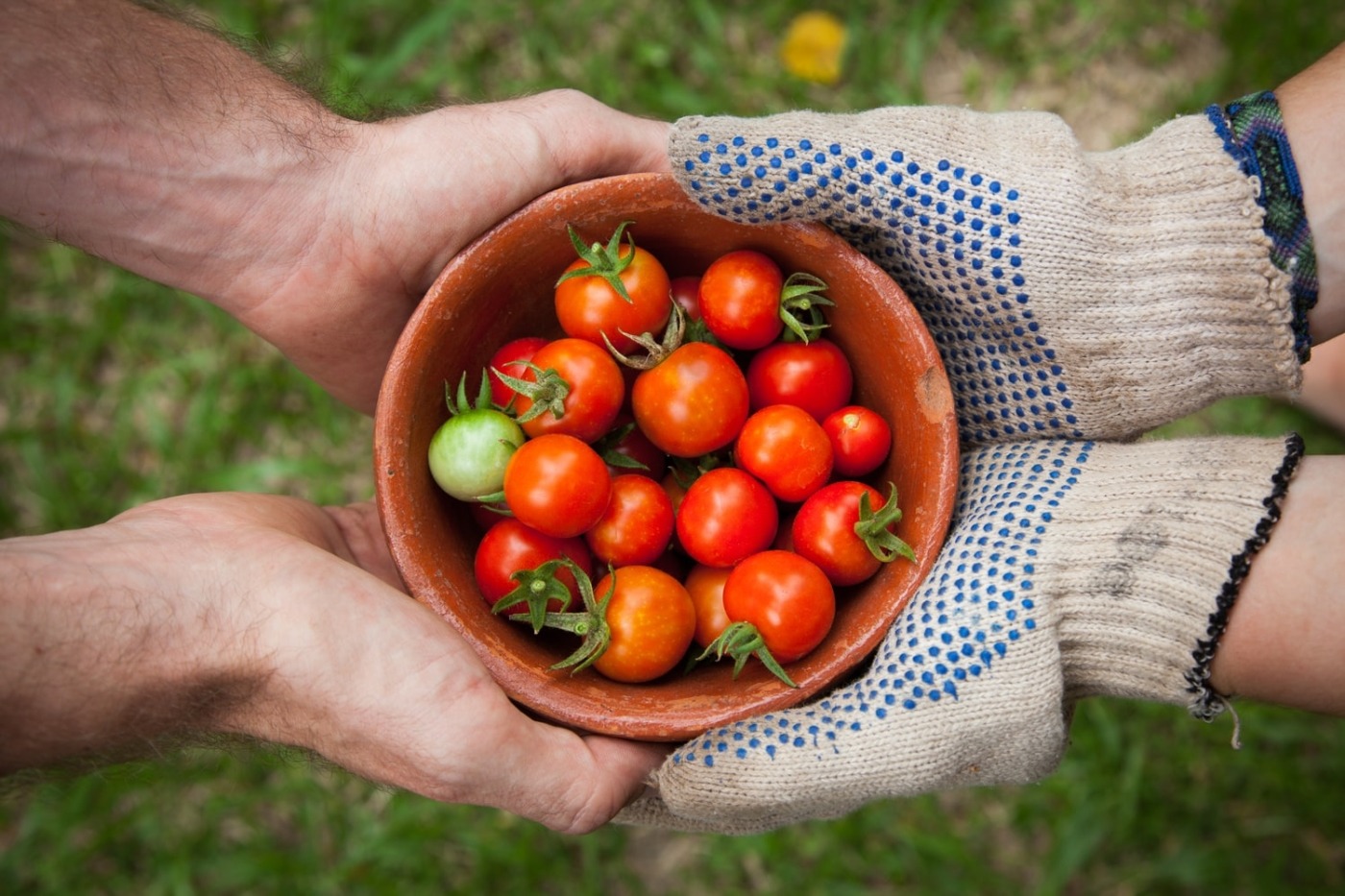The environmental benefits of growing your own fruits and vegetables
The environmental impact of buying fresh produce from the supermarket is unknown to many. Having travelled thousands of miles, fruits and vegetables are smothered in plastic packaging. Despite its convenience, buying fruit and vegetables from a supermarket, or even a local greengrocer can have many negative consequences.. Therefore, why not consider growing your own produce? It is a fun and simple way to reduce your carbon footprint, and creates fresh, tasty produce.
The average distance travelled by shop-bought fruits and vegetables is 1500 miles. This journey, from the farmer’s field to your own home, is known as food miles. Whether by air, boat or road, the transport of produce relies on the consumption of fossil fuels. Whilst locally grown fruits and vegetables have fewer food miles, much of the produce available in supermarkets must be imported from countries where the climate allows them to grow. During winter seasons in the UK, most berries are imported. In order to keep them fresh, they are often transported by air. Planes generate 10 times more carbon emissions than if they were transported by road. The release of CO2 into the atmosphere contributes heavily to global warming. Buying seasonal fruits and vegetables that are grown in the UK significantly reduces this impact. However, growing fruits and vegetables in your own back garden removes food miles altogether.
The average distance travelled by shop-bought fruits and vegetables is 1500 miles
Whether it is a plastic bag covering a bunch of bananas, or a plastic punnet containing grapes, plastic packaging is commonplace in all supermarkets. While this packaging helps the products stay fresh and hygienic, it can have devastating effects on the environment. Though plastic is technically recyclable, in the UK it is rarely recycled. This means it tends to end up in landfill, or in the ocean. The plastic bags that contain our vegetables can end up being ingested by whales, turtles and even seabirds, causing them harm or killing them. Avoiding plastic packaging by growing your own fruits and vegetables is an excellent way to avoid contributing to plastic waste. This removes the need for packaging as the produce can be eaten within hours or minutes of being picked or can be stored in reusable containers for later use.
The use of chemical fertilisers and pesticides is common in farming fruits and vegetables grown for supermarkets. Fertilisers improve plant growth, therefore increasing crop productivity. While commercial farms rely on these chemical products to keep up with high consumer demand, they can find their way into the crops. Therefore, they can be ingested when we eat the produce from these farms. This is a problem because studies have shown the chemicals used on plants can be carcinogenic. Whilst eating shop-brought produce will not necessarily cause harm to us, as chemical traces are found in small amounts, the chemicals do impact the environment around us. By contaminating water sources, poisoning important insects such as bees, and decreasing biodiversity, the increased use of fertilisers and pesticides can have an extremely negative effect on the natural area where the crops are grown. If more and more of us choose to grow our own fruits and vegetables, where possible, we can reduce the demand for commercially grown plants, therefore diminishing the need to use chemical fertilisers and pesticides. Furthermore, eating your home-grown produce means we can be sure we are not consuming potentially harmful chemicals.
The increased use of fertilisers and pesticides can have an extremely negative effect on the natural area where the crops are grown
Homegrown produce is not only delicious, but it also has nutritional benefits. Unlike supermarket-bought produce, it does not require transportation, therefore retaining nutritional value that would be lost during the time taken to move the fruits or vegetables to a supermarket. Richer in vitamins, and free from harmful chemicals, homegrown fruits and vegetables are healthier than shop-bought produce. In addition to their health benefits, homegrown produce can cost less than the same shop-bought varieties. Seeds can be purchased for a few pounds, and used to grow huge quantities of produce, which could then be frozen after harvesting, giving you access to it all year round. It is also possible to take seeds from tomatoes, pumpkins, or chilli peppers, which can be planted and grown into new plants. Even without a garden, plants can be put into containers and planted on windowsills.
The satisfaction of a tasty piece of fruit or veg, and the knowledge that you have done something to prevent environmental damage makes it worth it.
Growing your own produce is a simple yet fun project, why not give it a go? The satisfaction of a tasty piece of fruit or veg, and the knowledge that you have done something to prevent environmental damage makes it worth it.

Comments